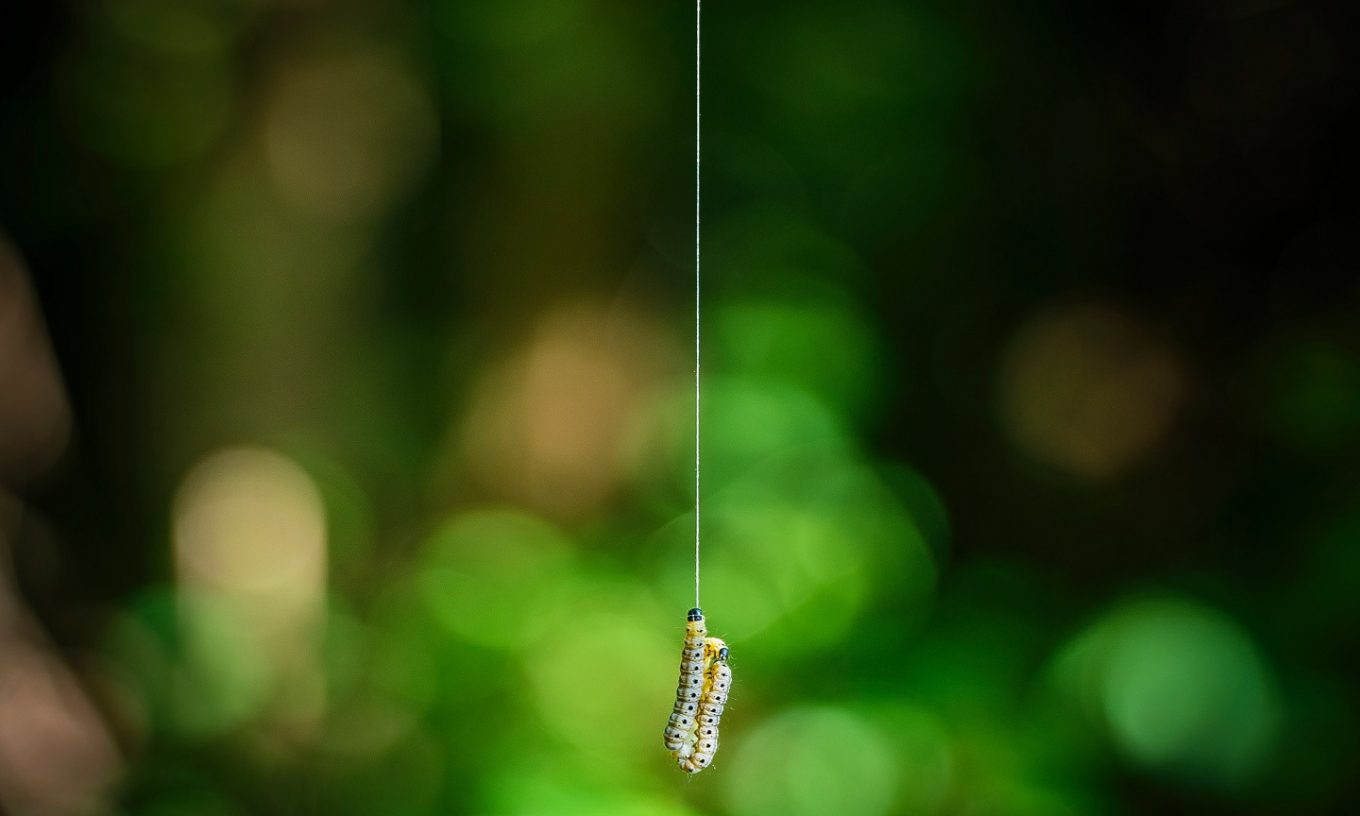Unclench your fists and spread your palms on the cool kitchen worktop to counter the molten rage flaring inside. The intensity of your feelings, when they threaten to take over like this, scares you and yet, at the same time, it’s when you feel the most alive—when you know yourself so fiercely you want to shout it before it fades to static again. It’s always fleeting; like a Spring tide it barrels through leaving you washed up and emptied in its aftermath.
You spin away from the counter, pacing to the sink and back, arms thrown about yourself to hold in what’s building. There’s a pounding in your ears, in your temples. Your body quivers. Hold out your hand… HAH! It’s an inner tremor—invisible. Don’t make the mistake of thinking anything you feel is visible to anyone else. Your experience, however significant, is wholly peripheral to the other actors on the rickety stage of your life. You might be tired of always being on people’s periphery, but the years have shown it’s the safest place for you.
Remember the gulf between who you are on the outside and who you are in the privacy of your skull? Yes, yes, you try to assimilate as best you can but you’re never quite…enough. While you know this is the case for most people, somehow, it causes you more problems than you will admit, perhaps because you’ve been raised to believe they’re character deficits and you can’t accept they define you. Won’t accept that’s who you are but can’t, for the life of you, figure out how to fix them. No matter how hard you try, you always end up giving too much of yourself when you’re supposed to hold back. You open up to the wrong people. You trust when you shouldn’t. It’s safer to be invisible.
Truth be told, you prefer the Inside You; she’s quirky, imaginative, earnest and kind. But she doesn’t fare well on the outside, she seems to confound others’ expectations. So you hide her, like a stain. The Inside You gets us into trouble, with her thoughts and feelings, her longings, her outbursts, her rawness. Language is one way you lend form to the maelstrom of atoms spinning, endlessly spinning, out of control. You give voice to her in scrawled, disjointed passages on tear-streaked pages but it’s getting to the point where you don’t even know if what you feel there is real anymore, or just something distasteful you’re supposed to cough up and discard.
Lift your palms from the counter and watch their damp imprints melt away like ghosts. Cross the room and open the cutlery drawer. You need to do something that gives you ownership of your feelings, something that makes you tangible, real. You have to take control.
It’s there—the one you want. Not lying dirty in the sink or buried under stuff on the draining board. It offers itself. Pick it up, admire its glint, its uncomplicated lines—straight, true, sharp. Your pulse is racing, your mouth dry. Don’t think—just act. Pull up your pyjama sleeve and draw the blade across the inside of your forearm, watch the paperlike pucker of skin beneath it and wait to feel better. Ruby beads spring up like jewels. Moving the blade down a bit, you increase the pressure on the next pass, add greater speed to the next. The final pass is so uncontrolled that you know, with a sick feeling, you’ve gone too far. You look away, heart thudding. The dull metal bite gives way to a fierce, ferrous sting. You glance down and your arm smiles back at you, fourfold.
Shit! Look how the skin pulls away as though there’s not enough anymore. You don’t think of skin as stretched over yourself—more of a coat, a perfectly fitted jumpsuit zipping up your bones and muscle, holding everything together.
Grab a tea-towel, slide to the floor, try to slow the heartbeat ripping up your chest. With trembling fingers, you bring the edges together but they won’t stay closed, leaping away like matching magnetic poles. Fuck. Clamp the towel over the soft sinewy mess—pressure, you’re supposed to apply pressure—and stop picturing yourself dying here, at twenty-five, on this dingy carpet in a rented kitchen.
Next-door, you hear your boyfriend on the phone to his brother over the tinny noise of the TV. He’s going to be so mad. You’re like a flawed vessel that’s emptied, and now everyone, everyone, will see what has spilled out of you: all your delusions about your own value, your pretentious belief that you really are a good person worthy of other people’s interest and affection. Watch them flip-flop dismally, little dying goldfish, on the floor around you.
You peel back the towel, replacing it quickly when queasiness blooms. There’s no question about it, you need a hospital. You gaze sadly at your pyjamas and think about standing to pull on jeans, the logistics of passing this arm through a sleeve—but surging nausea rules that out. It crosses your mind that these are the wrong kind of regrets. Still, what’s the point in judging regrets as long as they do their job? Stop you ever doing something this stupid again.
How long are you going to wait? You don’t want to pass out. Should you walk over? Hold up your red-wrapped arm? No. Instead, you grip it firmly at chest height, close your eyes, and concentrate on the floor beneath you, feeling it under your outstretched legs, under your heels—so solid, so steady, so… there. Remorse for the unappreciated qualities of your kitchen floor engulfs you.
“Oh god, I’m so sorry.”
“I’m sorry. I’m so sorry.”
The ER doctor examining your arm gives you a hard stare. You’re one of those people now, people with too many flaws; imperfects who should have been eliminated long before we got to this point. Undeserving people who waste doctors’ time.
“Any deeper and you would’ve needed plastic surgery to repair the tendon.”
A nurse comes to stitch you up and you apologise to her too, over and over, your shame stitched into your skin with every pass of the suture needle. She bends over you, reassembling tissues, refitting you seam by seam.
“I really am sorry. I didn’t mean to do it so hard.”
Look at your arm. The black spidery knots of the interrupted sutures give the red smiles a battered, snaggle-toothed look that seems to say, ‘Sorry’ too.
Time to return to the periphery. The autism diagnosis that will explain your emotional dysregulation, deep sense of alienation and the tracery of scar tissue adorning your limbs, is still over a decade away.
Photo by Philippe Leone on Unsplash





